Photograph; Microsoft executive Gurdeep Singh Pall speaks at an event in June. Searches made through Bing for Schools will have limited tracking features and will not include links to adult content. (Jeff Chiu / Associated Press / June 26, 2013)
By Paresh Dave
Originally Published at The Los Angeles Times August 22, 2013
Students and staff at L.A. Unified School District can now use the Microsoft Bing search engine without having to see ads or adult-content links in their search results.
The partnership between Microsoft’s Bing search unit and several major school districts is aimed at providing students a safer experience online while drawing more users to the country’s most-used search engine behind runaway leader Google.
“We know search technology is a big part of education,” said Bill Cox, Microsoft’s senior director of product management. “We had been looking at what we could do for schools and students.” The company announced the program this week.
Use of Bing by a school’s community will be rewarded. Microsoft said it would allow searchers who enroll in the Bing search rewards program to transfer the credits to schools. People collect credits every time they do a search on Bing. For every 30,000 credits a school accumulates, it would get one Microsoft Surface RT tablet.
L.A. Unified Chief Information Officer Ron Chandler said the incentive wasn’t what excited him about Microsoft’s program. The nation’s second-largest school system plans to buy Apple iPad tablets for all its students, a $500-million project, and Chandler dismissed the Microsoft tablet as lacking the “horsepower” needed for student work.
Instead, Chandler saw ad-free search as a way to spur more conversation about computer security among students, staff and parents.
“This is just one more step toward a more secure environment,” he said. “Our students go to Google and Bing on a regular basis anyway, and we can again stress in the conversation why it’s so important to consider cybersecurity.”
Searches made through Bing for Schools will have limited tracking features, Cox said. People who search for cat, tiger and then jaguar would get results for the animal rather than the car on the last search. But the sort of tracking needed to power personalized ads would be restricted.
School users can still connect Bing with Facebook to get personalized search results, though Cox noted that many school districts block access to social networks such as Facebook.
At the school district, Bing won’t be pushed upon students, Chandler said, adding that he thought Google and Yahoo could be expected to now announce similar programs.
“Many of our students use Bing, and when those students do, this is an added benefit,” Chandler said.
L.A. Unified was unable to immediately provide internal numbers, but 18% of U.S. searches are made through Bing and 67% through Google, according to tracking firm ComScore.
Bing is likely to become more familiar to the L.A. Unified community anyway. Once the first batch receives updates, all of the iPads used by the district will be running Apple’s new iOS 7 operating system. Searches through Siri on iOS 7 are made through Bing as opposed to Google.
“The search engines take students to the right places but also expose them to the wrong places,” Chandler said. “Bing for Schools represents just a piece of the whole cybersecurity window.”
L.A. Unified already blocks access to many inappropriate websites on its network. It’s now working on picking a filtering program for when those iPads are used away from the school network. Chandler said an internal tool to block ads Internetwide could also be considered.
As part of the schools program, Microsoft plans to promote digital literacy through its Bing homepage image of the day. Each day, the image would help pose a new thought-provoking question that could be answered through searches.
Cox didn’t directly respond when asked whether Microsoft might introduce ad-free searches for other users, perhaps for a fee.
“We’re very focused on schools with this announcement,” he said. “We’re excited to see what we can learn from it. We’ll go from there.”
About 800,000 students will have access to the ad-free search at launch, with about 3 in 4 coming from L.A. Unified.
paresh.dave@latimes.com
Twitter: @peard33
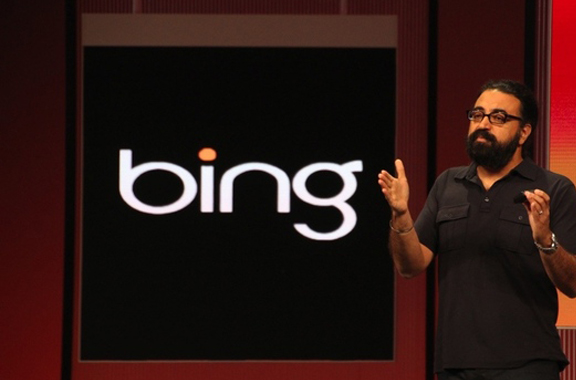




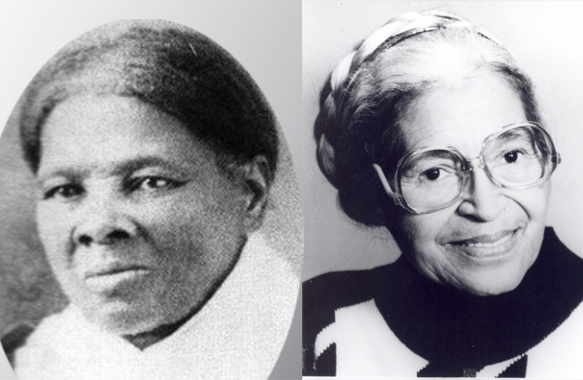
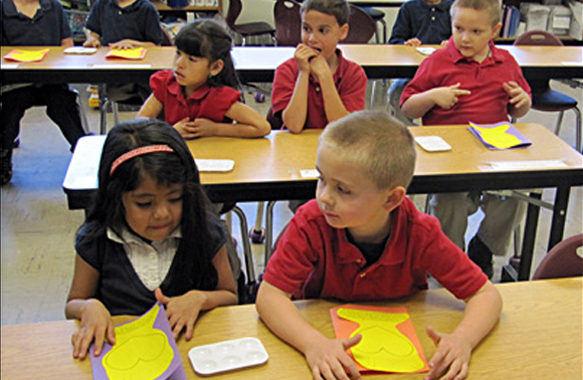
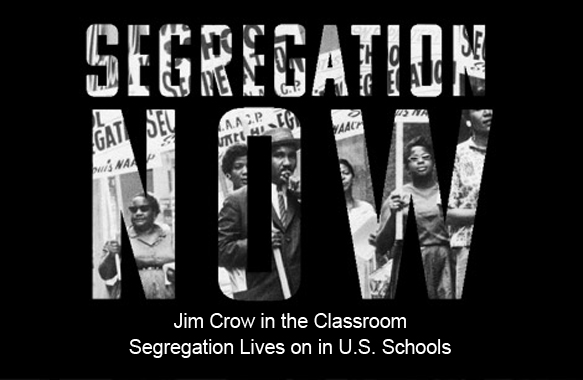
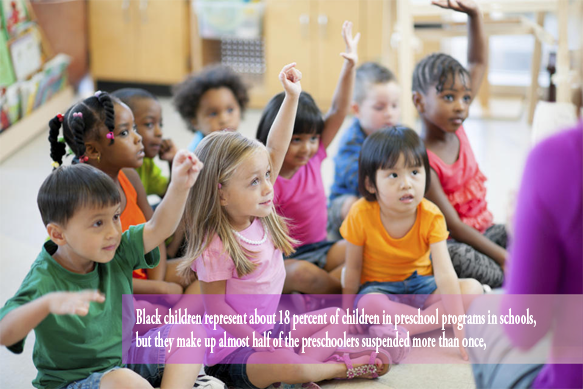
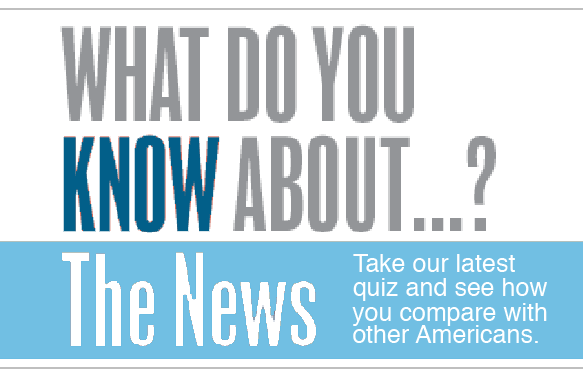
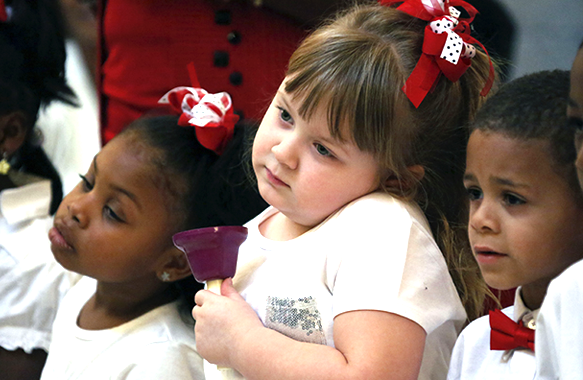

Leave A Comment